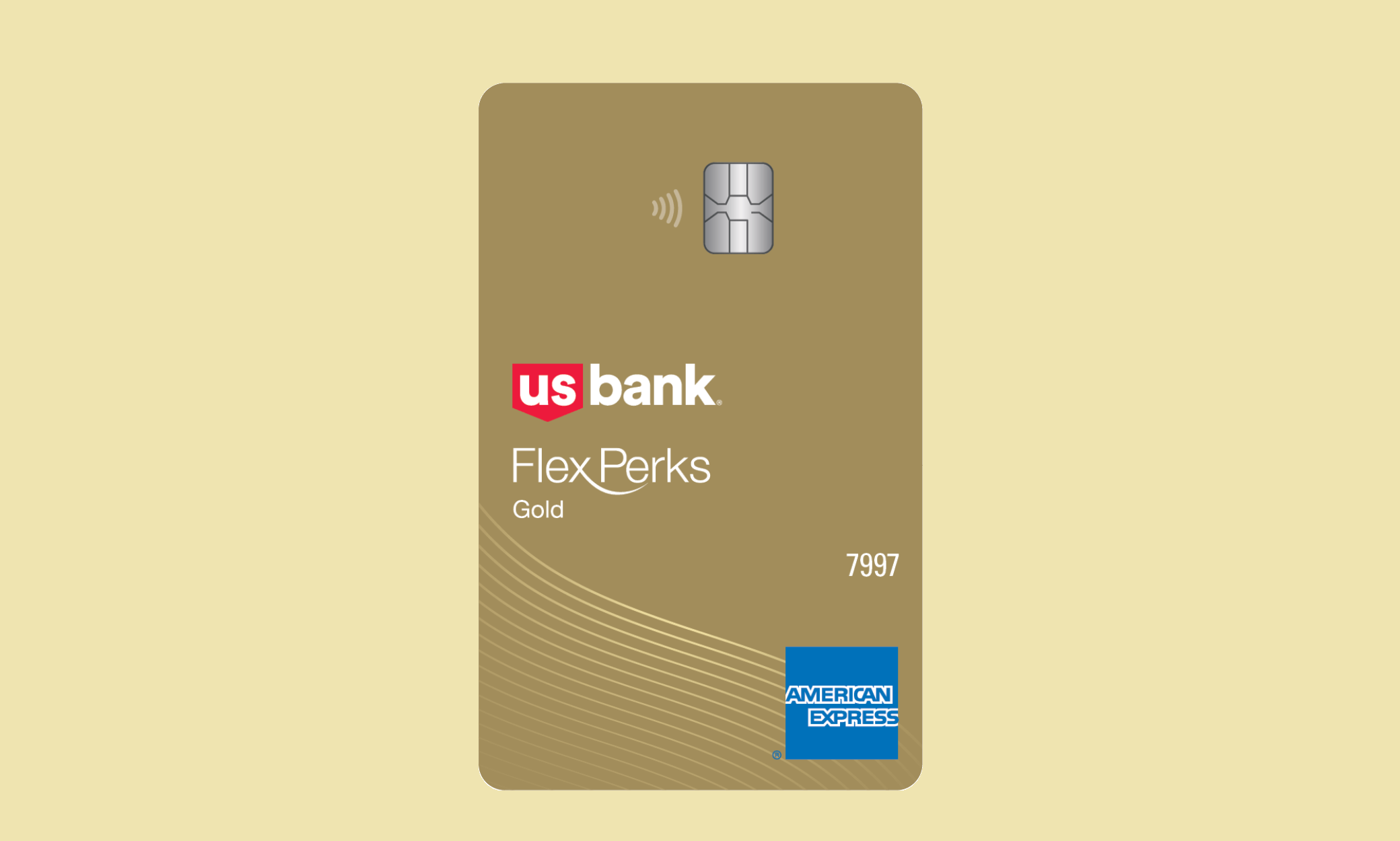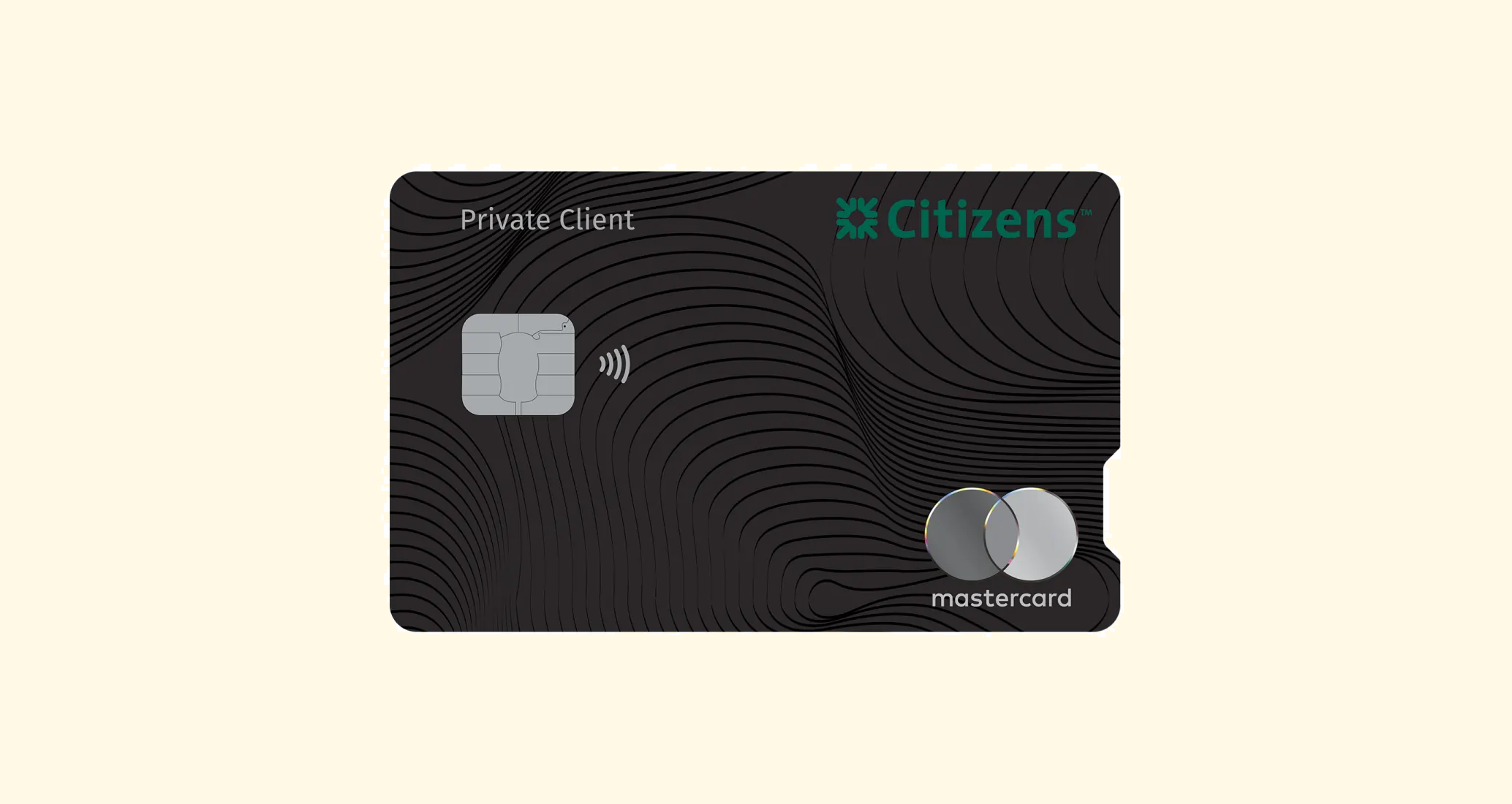Credit Cards for Students: How to Use Wisely and Build Credit

Understanding the Value of Credit Cards
Using a credit card wisely can be a valuable tool for students looking to establish a strong financial future. With the right knowledge and responsible habits, a credit card can serve as both a practical financial instrument and a foundation for building a strong credit score. Here are a few key points to consider:
- Building Credit History: Responsible use of a credit card can help students build a credit history, which is crucial for securing future loans, such as for a car or a mortgage. For instance, if a student consistently pays off their balance on time, they will begin to create a positive credit report. This record is critical when it comes time to take out a loan, as lenders use credit scores to gauge reliability.
- Emergency Funds: A credit card can serve as a backup option during unexpected financial needs, providing peace of mind. Imagine a situation where a student’s laptop breaks right before finals; having a credit card can facilitate immediate repairs or replacements without needing to scramble for cash or loans.
- Rewards and Perks: Many student credit cards offer rewards, cashback, or discounts that can be beneficial for everyday expenses. For example, a credit card may offer 1.5% cashback on purchases, which can add up quickly, especially if a student frequently buys textbooks or goes out for meals with friends.
However, with the benefits come responsibilities that need careful consideration. Understanding how to manage credit wisely involves:
- Staying Within Budget: Students should aim to only spend what they can afford to pay off each month. Creating a monthly budget that tracks income and expenses can help prevent overspending and ensure that the credit card remains a tool, rather than a burden.
- Avoiding Debt Accumulation: It’s crucial to pay off the full balance to avoid interest charges that can lead to long-term debt. For example, if a student spends $500 on a credit card but only pays $200 when the bill is due, that remaining balance will accrue interest, creating future financial strain.
- Monitoring Credit Score: Keeping an eye on your credit score helps track your financial health and inspires responsible spending habits. Regularly checking one’s credit report can alert students to any discrepancies or potential identity theft, maintaining their financial integrity.
By educating yourself and making informed decisions, you can leverage a credit card to pave the way for a secure financial future. This article will guide you through the steps to use credit cards wisely and build a favorable credit score. Remember, a credit card is not just a piece of plastic; it is a tool that, when used correctly, can unlock doors to opportunities and stability in the world of personal finance.
DON’T MISS OUT: Click here to discover how to apply
Establishing Healthy Credit Card Habits
To effectively use credit cards and build a solid financial foundation, students must develop healthy credit habits. This involves not only understanding the terms and conditions of their credit card but also adopting a disciplined approach to spending and repayment. Here are some essential practices to keep in mind:
- Understand Your Credit Card Terms: Before using a credit card, read the fine print. This includes understanding the interest rates, annual fees, and any potential penalties for late payments. For instance, if the card has a high interest rate of 20%, carrying a balance can quickly become expensive. Knowing these details will help you avoid surprises and make informed decisions.
- Set a Monthly Spending Limit: A common mistake among students is viewing the credit limit as an available budget. It’s crucial to set a personal spending limit that aligns with your monthly income or allowance. For example, if a student earns $500 a month from a part-time job, they might only spend $300 on the credit card, ensuring that the remainder can cover living expenses and the full card payment.
- Pay Your Balance in Full: To avoid interest charges and potential debt accumulation, aim to pay off your credit card balance in full each month. This practice not only helps maintain a good credit score, but also teaches responsible financial behavior. A student who charges $300 in expenses but pays it off in full will avoid interest and start building a positive credit history.
- Make Payments on Time: Late payments can severely impact your credit score and result in unnecessary fees. Setting up automatic payments or reminders can help ensure that bills are paid on time. For instance, if your payment due date is the first of the month, setting a reminder a few days ahead can provide ample time to organize your finances.
Moreover, keeping credit utilization low—ideally below 30% of your credit limit—is essential for maintaining a good credit score. This means if your credit limit is $1,000, try to keep your outstanding balance under $300. High utilization can signal to lenders that you are relying too heavily on credit, which may decrease your score.
Understanding the significance of these habits lays the groundwork for effective credit usage. By managing your credit card obligations responsibly, you not only build your credit score but also develop financial discipline that will benefit you for years to come. As you navigate your college years, keeping these principles in mind can help you pave the way for financial success after graduation.
DISCOVER MORE: Click here to learn how to apply
Diversifying Your Credit Usage
While credit cards can be a fantastic tool for building credit, it’s important to remember that they are just one piece of the broader financial puzzle. To build a strong credit history, students should consider diversifying their credit usage. This means involving different types of credit in your finance portfolio. Here are some practical strategies:
- Consider a Student Loan: If you’re planning to take out student loans for your education, be mindful of how they can impact your credit. Student loans are installment loans, which means you will make fixed payments over a specified time. Successfully managing your student loan payments contributes positively to your credit score in a different way compared to revolving credit, like credit cards.
- Use a Secured Credit Card: A secured credit card requires a cash deposit as collateral, which can help students build credit responsibly. The deposit typically serves as your credit limit. By using a secured credit card and making regular, on-time payments, students can start establishing a solid credit score with less risk of accruing heavy debt.
- Explore Retail Store Cards Sparingly: Retail credit cards often offer discounts or rewards for purchases made at their stores, but they generally come with higher interest rates. If you are considering applying for one, ensure that you can pay off the balance in full each month. Using these cards judiciously and responsibly can add diversity to your credit profile.
- Participate in Credit-Building Programs: Some financial institutions offer programs designed specifically to help students build credit. These programs often provide guidance on smart financial choices, track credit scores, and offer tips on maintaining healthy credit habits. Engaging with these resources can further equip you with the knowledge necessary for good credit management.
Remember that the length of your credit history also plays a significant role in determining your credit score. Therefore, keeping your oldest credit accounts open, even if they are not actively used, can benefit your credit score in the long run. Closing old accounts may seem sensible if you’re trying to simplify your finances, but this might negatively impact your score due to a shorter average credit history.
Monitoring Your Credit Report
An essential aspect of managing credit is regularly monitoring your credit report. In the U.S., students are entitled to one free credit report per year from each of the three major credit bureaus: Experian, TransUnion, and Equifax. Regularly reviewing your credit report is a proactive measure to ensure that all information is accurate and up-to-date. Here are some reasons why monitoring your credit report is important:
- To Detect Errors: Mistakes can occur in credit reporting, such as outdated information or accounts that don’t belong to you. Regularly checking your credit report allows you to dispute any inaccuracies, which can have a significant impact on your credit score.
- To Track Your Progress: Monitoring your credit provides a clear view of how your credit score changes over time. This can help you identify any habits that may be affecting your score positively or negatively. For example, if you notice improvement after consistently paying off your credit card in full, it can reinforce that behavior.
- To Prevent Fraud: Keeping an eye on your credit report can help you spot unauthorized accounts or inquiries early on, indicating potential fraud. The sooner you act on these issues, the better prepared you will be to mitigate damage.
By diversifying your credit usage and actively monitoring your credit report, students can create a robust and responsible approach to managing credit. This not only enhances their creditworthiness but also instills beneficial financial habits that can last a lifetime.
DISCOVER MORE: Click here for simple steps and tips
Final Thoughts on Student Credit Management
In conclusion, navigating the world of credit cards as a student can be both an exciting and intimidating experience. By understanding how to use credit wisely, students not only have the opportunity to build a solid credit history but also to develop essential financial habits that will serve them well into adulthood. It is crucial to remember that a credit card should be seen as a tool rather than a source of free money. Responsible usage, such as paying off the full balance each month and avoiding unnecessary debt, is paramount.
Diversifying credit options—through student loans, secured cards, and retail store cards—can further strengthen a credit profile while monitoring credit reports regularly ensures accuracy and progress tracking. Students can protect themselves against fraud, identify errors, and maintain a healthy credit score by making this a routine part of their financial management strategy.
Ultimately, the journey towards building credit starts with knowledge and discipline. By adopting these practices, students not only enhance their creditworthiness today but also lay the groundwork for future financial opportunities, such as securing low-interest loans for homes or cars after graduation. A proactive and informed approach to credit management can pave the way for a brighter financial future, making it essential for students to take charge of their credit responsibly and wisely.


